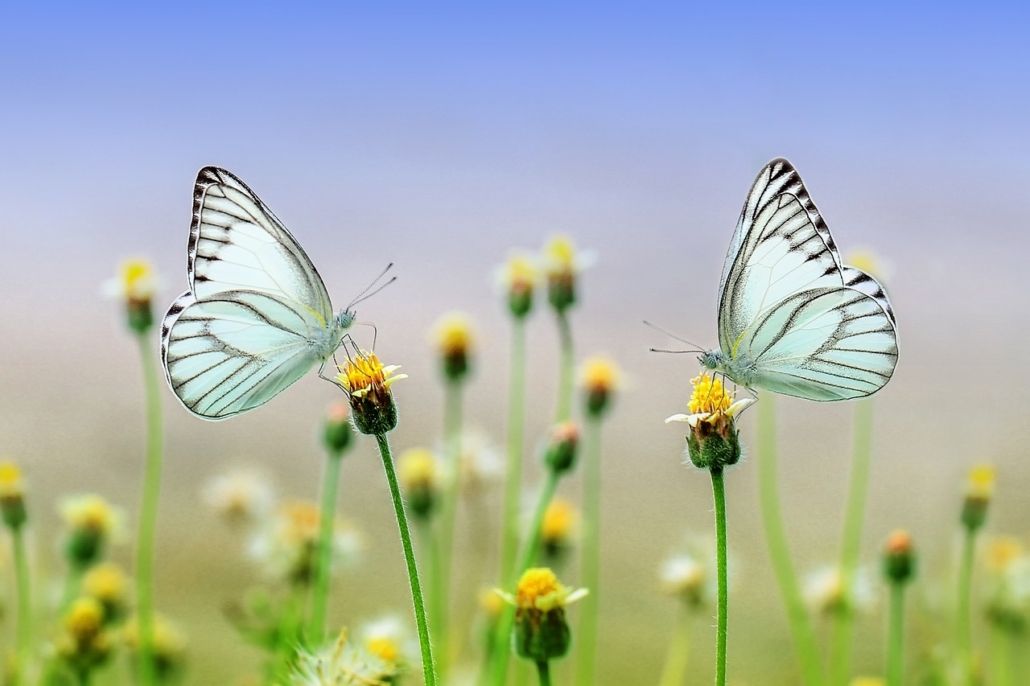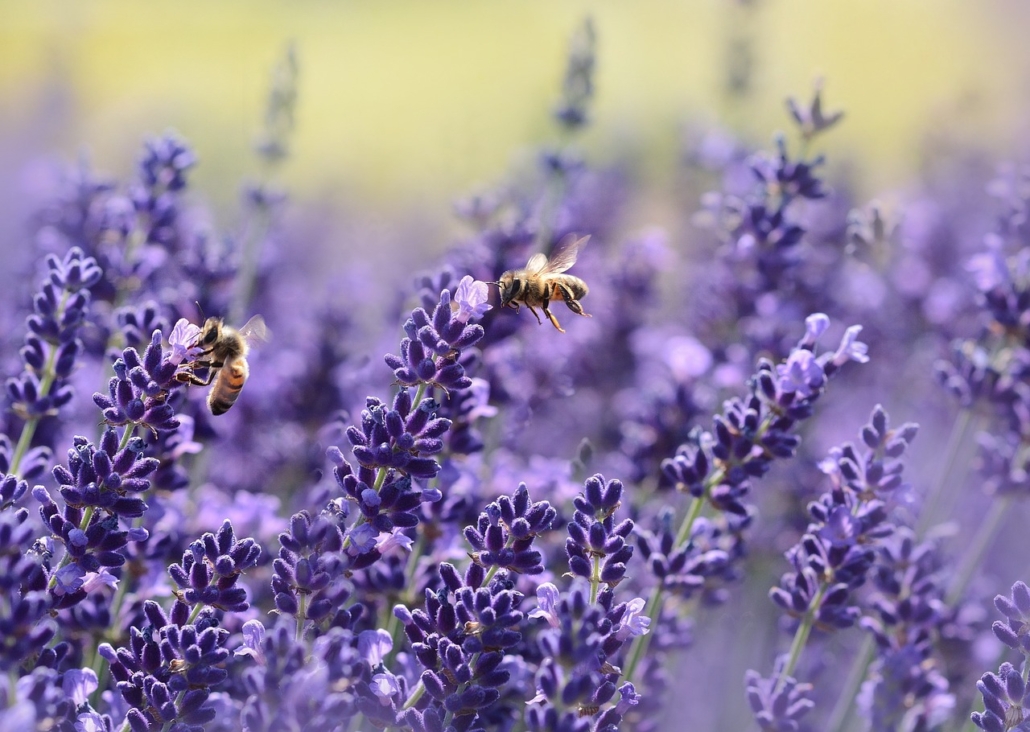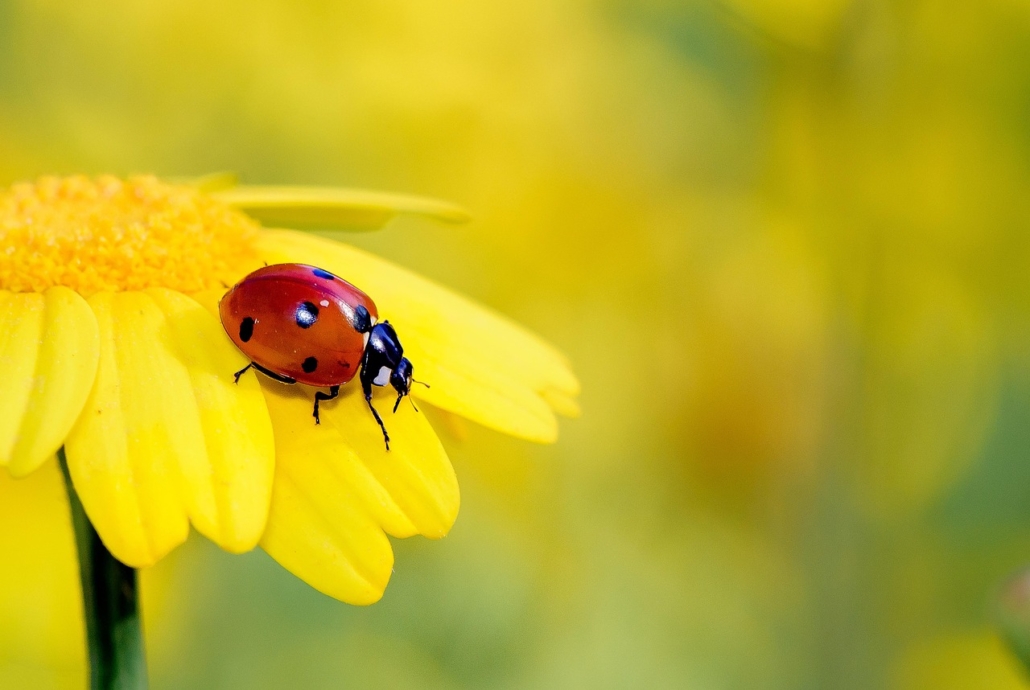The Buzz about Pollinator Gardens: Celebrating the Significance of Pollinator Week
by Jenifer Shimpach
SWCE Executive Assistant

In our bustling world, where the concept of sustainability and conservation has taken center stage, one cannot ignore the essential role of pollinators in maintaining biodiversity and food production. Pollinator gardens have emerged as a powerful tool for not only providing a haven for these vital creatures but also for enhancing our connection with nature. As we gear up to celebrate Pollinator Week (June 19-25), let’s explore the numerous benefits of pollinator gardens and the significance of recognizing this essential event.
The Importance of Pollinators
Pollinators, including bees, butterflies, birds, bats, and even beetles, play a crucial role in the reproduction of flowering plants. They facilitate the transfer of pollen from the male reproductive organs (anthers) to the female reproductive organs (stigma), enabling plants to produce fruits, seeds, and new plants. This process is essential for the reproduction of more than 75% of the world’s flowering plants and about 35% of global food crops.
Beyond their role in plant reproduction, pollinators also contribute to the overall health of ecosystems. They support biodiversity by enabling the survival of various plant species, which in turn provide habitat and food for other wildlife. Moreover, they assist in the maintenance of healthy ecosystems by pollinating native plants and promoting the genetic diversity that is necessary for species resilience in the face of environmental challenges.
The Benefits of Pollinator Gardens

Enhancing Biodiversity: Pollinator gardens, filled with an assortment of native plants, provide a diverse and abundant source of nectar and pollen for pollinators. By creating such habitats, we promote the proliferation of various plant species, thereby supporting biodiversity and the overall health of ecosystems.
Supporting Food Production: Pollinators are indispensable for food production. By establishing pollinator gardens near agricultural areas, we can attract bees and other pollinators, which can significantly improve crop yields and quality. These gardens act as natural buffers, attracting pollinators to nearby farms and increasing the chances of successful pollination.
Beautifying Spaces: Pollinator gardens are not just beneficial; they are also visually stunning. With vibrant and fragrant flowers in bloom, they provide a sensory delight and enhance the aesthetic appeal of any space, whether it’s a backyard, a community garden, or a public park.
Promoting Conservation Education: Pollinator gardens offer an opportunity to educate and raise awareness about the importance of pollinators and the threats they face. By engaging with these gardens, people can learn about the interdependence between plants and pollinators, the challenges of habitat loss and pesticide use, and the steps they can take to protect and support these invaluable creatures.
Recognizing Pollinator Week

Pollinator Week, celebrated annually during the last week of June, serves as a significant reminder of the vital role pollinators play in our lives. The event aims to promote awareness and conservation of pollinators and their habitats, encouraging individuals, communities, and organizations to take action.
Steele-Waseca Cooperative Electric is in its third year of propagating a pollinator garden, and many other electric cooperatives around the state have done the same as it relates to one of the cooperative principles of Concern for Community. We work for the sustainable development of our communities, knowing first and foremost that without a healthy planet, we wouldn’t have any communities to support.
Some of the species in the SWCE pollinator garden include: butterfly milkweed, black-eyed susan, purple coneflower, goldenrod, foxglove, evening primrose, aster, and sunflowers.
During Pollinator Week, various activities such as garden tours, workshops, educational programs, and planting initiatives are organized to engage people in the protection and preservation of pollinators. These events serve as an opportunity for individuals and communities to learn, collaborate, and contribute to the conservation of these essential creatures.
What you can do: Planting your own pollinator garden is a wonderful way to support the health and well-being of bees, butterflies, and other essential pollinators. To start, select a sunny location in your yard or a suitable container if space is limited. Choose a variety of native flowering plants that bloom at different times throughout the year to provide a continuous food source for pollinators. Opt for plants with different shapes and colors to attract a diverse range of species. Prioritize nectar-rich flowers like coneflowers, milkweed, and lavender, as well as plants with a variety of flower shapes to accommodate different pollinator preferences. Avoid using pesticides and opt for organic gardening methods to ensure a safe environment for pollinators. Providing a water source such as a shallow dish with pebbles for landing will also benefit them. By creating a pollinator garden, you not only contribute to the preservation of these vital creatures but also invite beauty and life into your own backyard.
Pollinator gardens are not just pretty flower beds; they are sanctuaries that harbor and support the life of pollinators. By embracing and creating such habitats, we not only contribute to the preservation of biodiversity but also ensure food security and enhance the beauty of our surroundings. Recognizing Pollinator Week is a vital step in celebrating and protecting these invaluable creatures and their habitats, and it serves as a reminder of our responsibility to safeguard the delicate balance of nature. So, let’s come together, plant pollinator gardens, and work towards a future where the buzz of pollinators resounds in harmony with a thriving ecosystem.

Innovation
#swceINNOVATION





